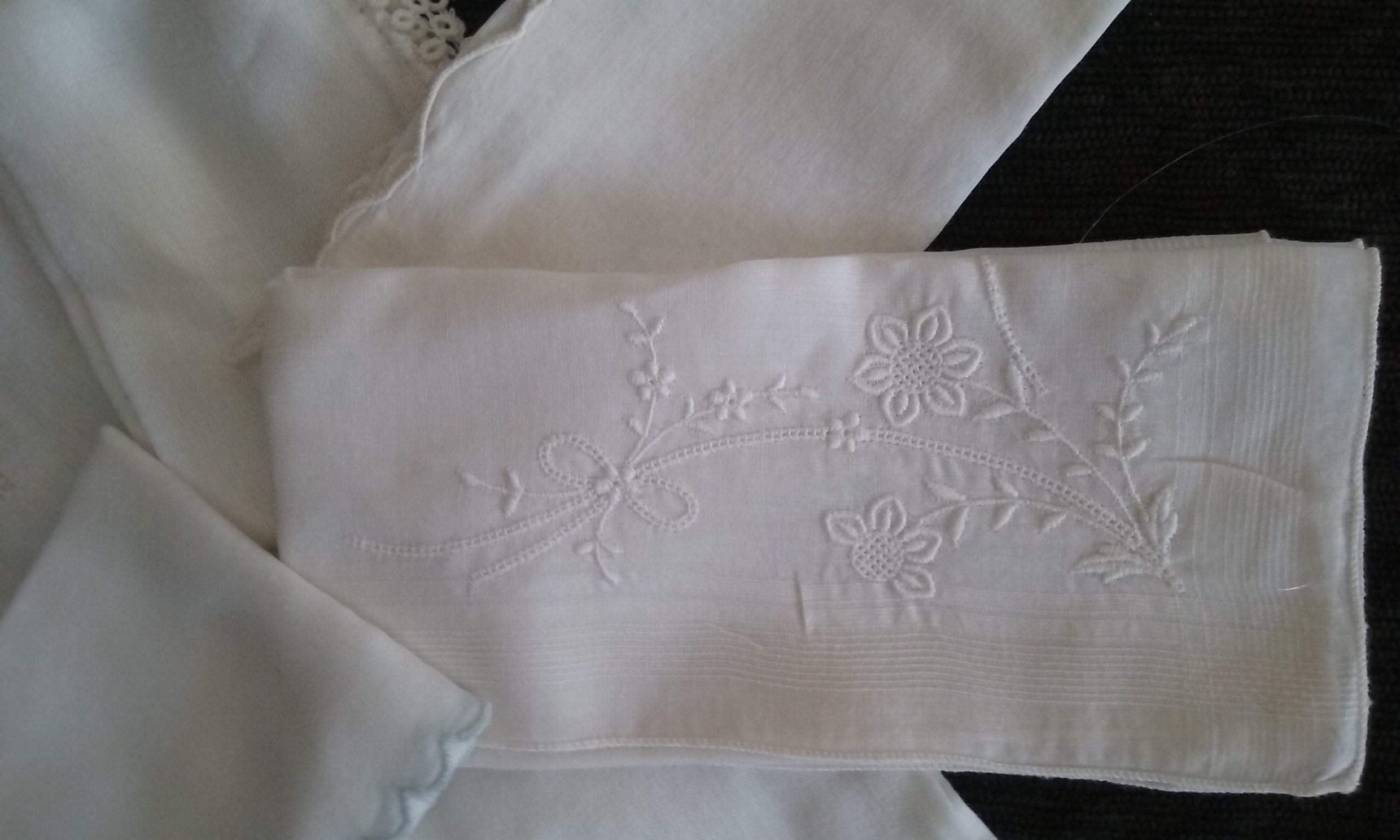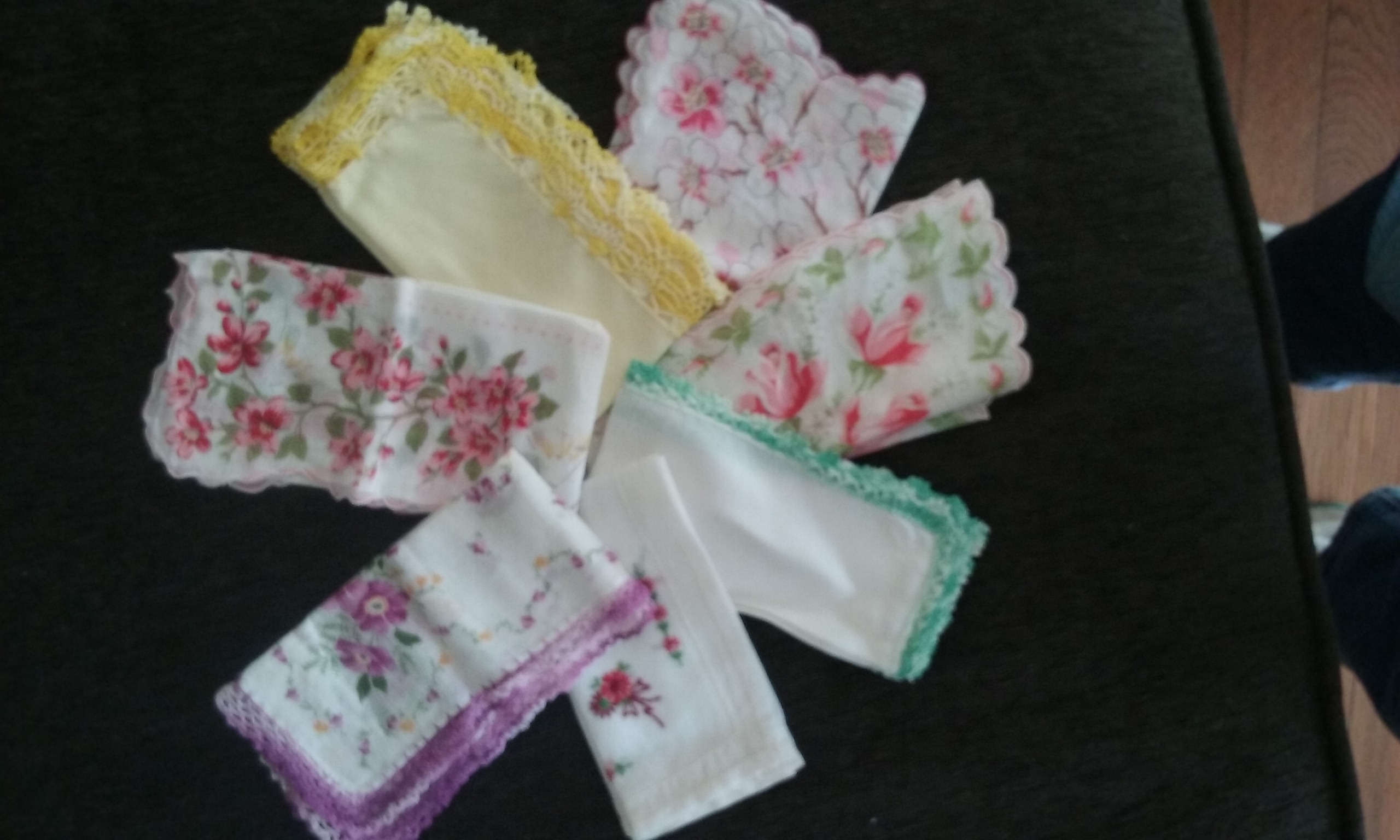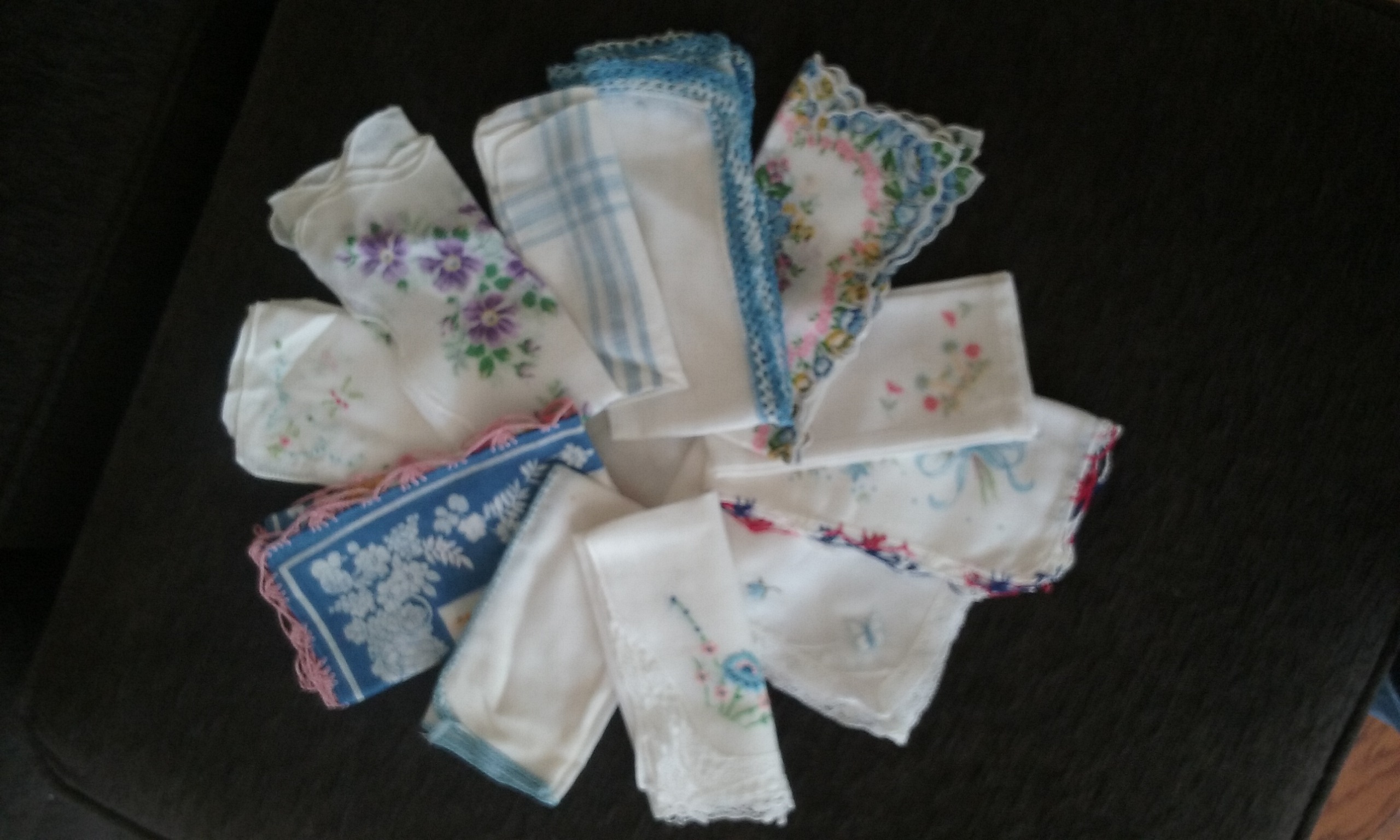Jan Cline, historical author, answers this question for us today. Here’s the latest Depression-era novel in her American Dreams series, and she’s offering a free paperback to one commenter on this blog.
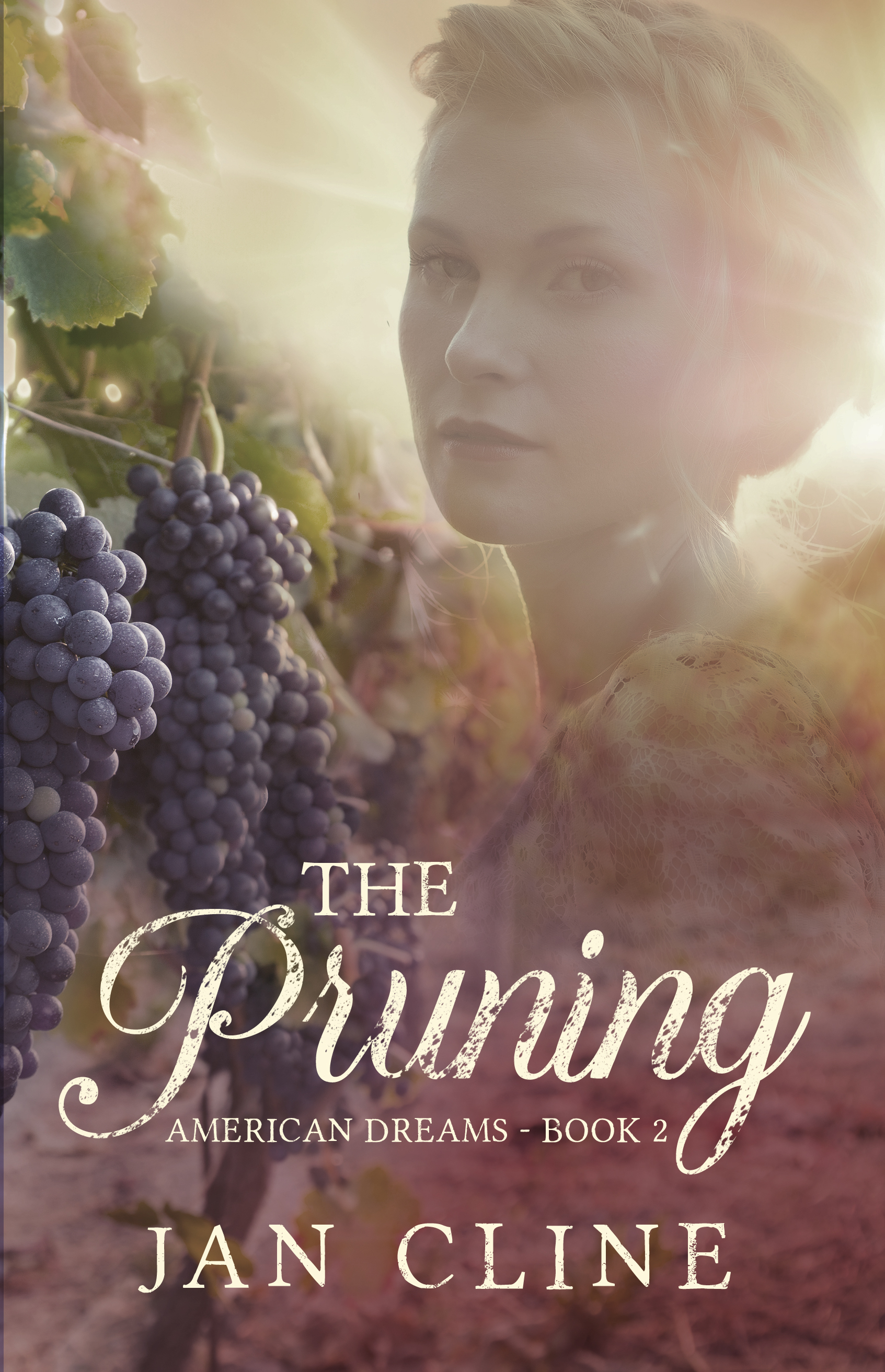
It can be frustrating to us as readers to be lost from the beginning of a book, unable to be absorbed in the story because we don’t have an awareness of where the character is. As a writer, I finally discovered why that happens.
If any of you enjoy people watching, you might have observed the way folks interact, feel, and participate. People at a carnival act or even dress differently from what they would at a church service, or business meeting. Weather and time of day and year also come into play in how your character acts.
Our feelings and actions are often affected by our surroundings. A character in a book needs setting, a description of what they see, hear, and touch in order to do and say and feel what the author wants them to. The connection between the character and their setting should draw you into the story.
A setting that has been painted well gives the character something to bounce life off of, and goes a long way to deepen the story and the reading experience. It explains why we either trudge through the first few chapters of a book, or devour it because we feel we are there with the characters.
In the first book of my American Dreams series, Heaven’s Sky, the setting is much like another character in the story. The outer struggle of the relentless dust storms and barren land is a big part of what drives the main characters. The inner struggle is the push and pull of faith versus discouragement about circumstances. As the story of Heaven’s Skyopens, Clarissa Wilding, the main character, has been burdened by vicious dust storms for several years. One of the first lines is:
“The same contemptible dry wind that swallowed up their crops had blown across her soul, stealing her hope and things she held dear.”
That’s a character reacting to her surroundings, giving the reader a taste of whereshe is. This is the essence of book one in this series. In book 2, The Pruning, which has just released, the story continues in a new setting. The Pruningtakes the same family to a new place, quite different from their old home. As they move to a vineyard in Washington State, the dynamic changes of setting from dry and fruitless, to green and prosperous, is still full of challenges for Clarissa. The contrast of the vineyard setting shows us that even when our life’s setting or circumstances change drastically, the solid foundation of our faith, and our trust in one another, steadies us through the hard times.
I hope you have a better grasp on why some books grab you from the start, and I hope you’ll read both my stories.
Thank you, Gail, for an opportunity to share.
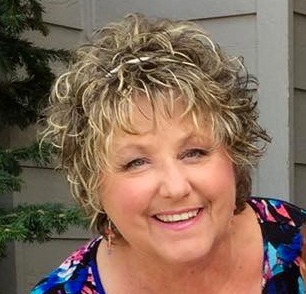
Follow Jan on Facebook: Jan Cline Author
Sign up of her newsletter and receive a free short story: jancline.net/subscribe
Invite Jan to speak at your women’s event: jancline.net/speaking
See all of Jan’s books here: jancline.net/books





